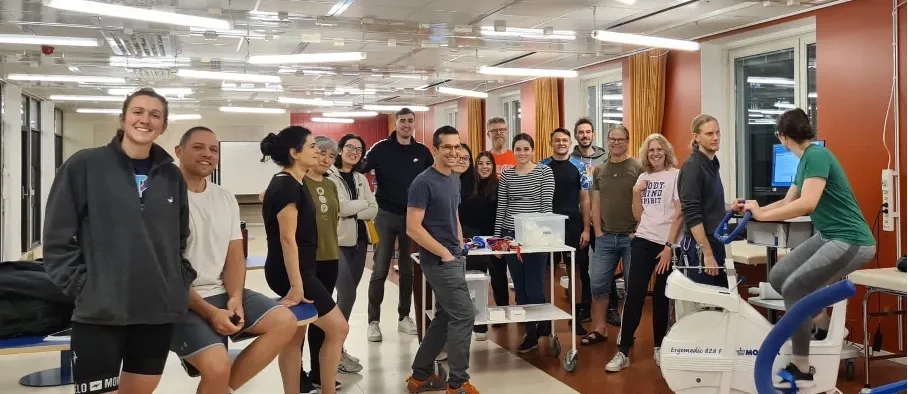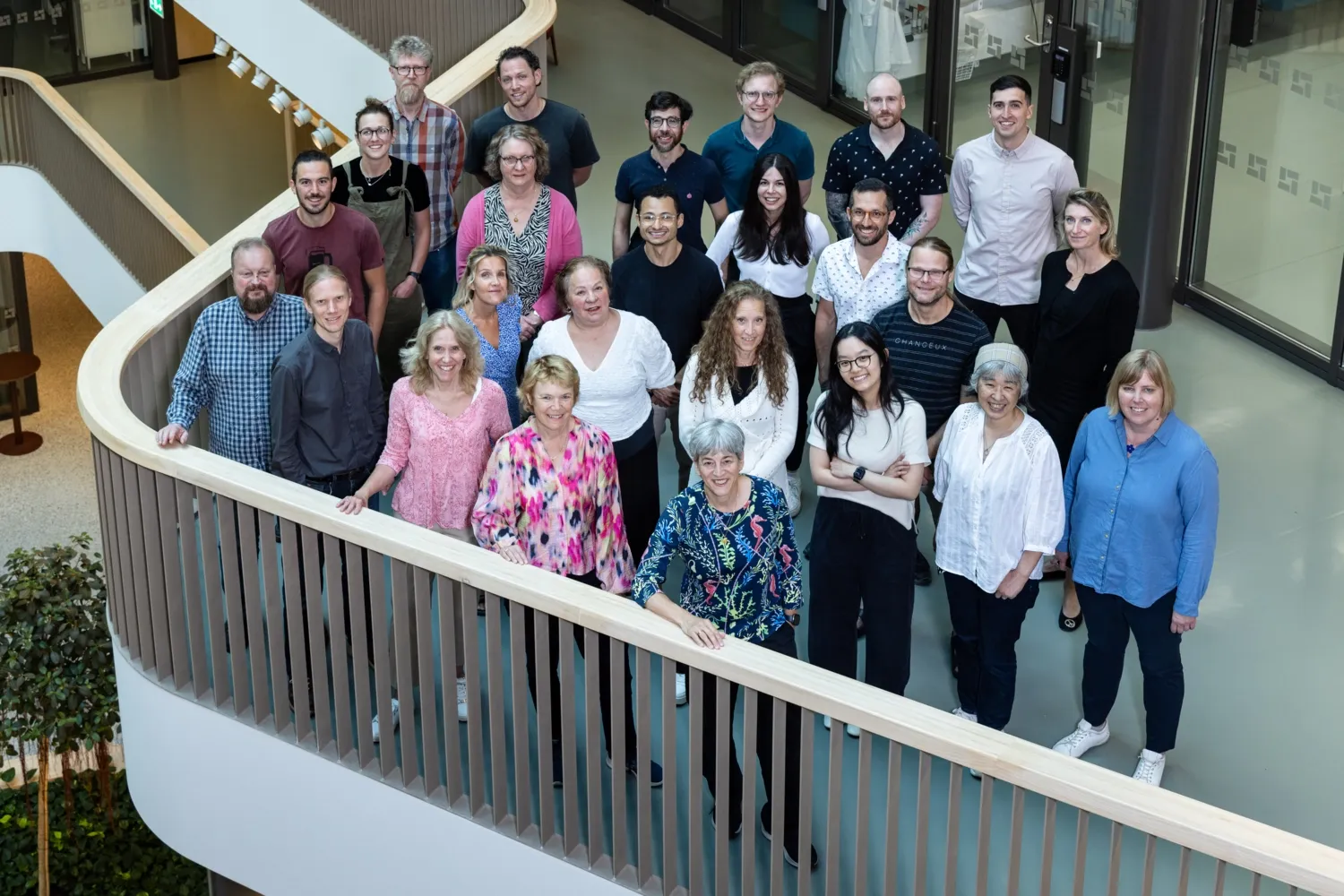Our Research
The Integrative Physiology research group focuses on mechanisms underlying metabolic disorders with particular, but not exclusive, focus on insulin resistance in skeletal muscle.
Using novel methodology developed in the group to incubate and analyse human skeletal muscle samples ex-vivo, we were the first to demonstrate defects in insulin stimulation of intracellular signalling molecules in patients with insulin resistant type 2 diabetes mellitus.
Clinical investigations in, parallel with primary human skeletal muscle cultures, where skeletal muscle cells are grown in vitro from patient biopsies, and model organisms are used to approach metabolic disease from a multidisciplinary angle in order to address gene and protein regulation, cell physiology and whole-body metabolism.
Implications
Diabetes is a life-long condition. If left untreated, diabetes can lead to severe medical complications, which include heart disease, stroke, kidney disease, blindness, nerve damage, and severe infections leading to gangrene and foot and leg amputations. Maintaining glucose homeostasis may help prevent these complications.
By identifying the molecular mechanisms controlling insulin-sensitivity it will be possible to develop pharmacological and physiological (exercise and diet) intervention strategies aimed to improve glucose homeostasis. However, diabetes is a heterogeneous metabolic disorder, consequently, a multitude of intervention strategies need to be applied to achieve good glucose control.
The long-term goal is to identify and characterize new molecular targets that control glucose uptake and metabolism in skeletal muscle. Intervention at the level of these targets may control and prevent insulin resistance in Type 2 diabetes.


